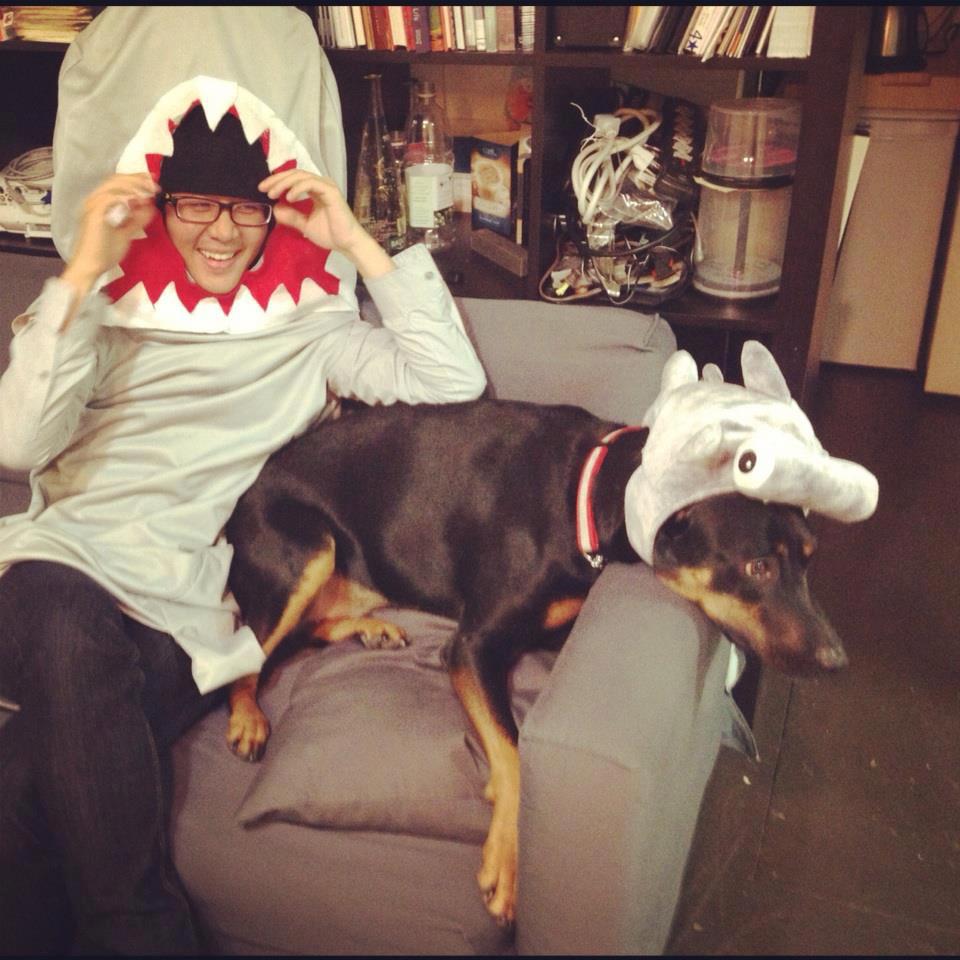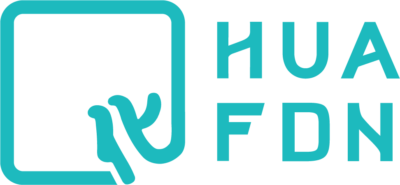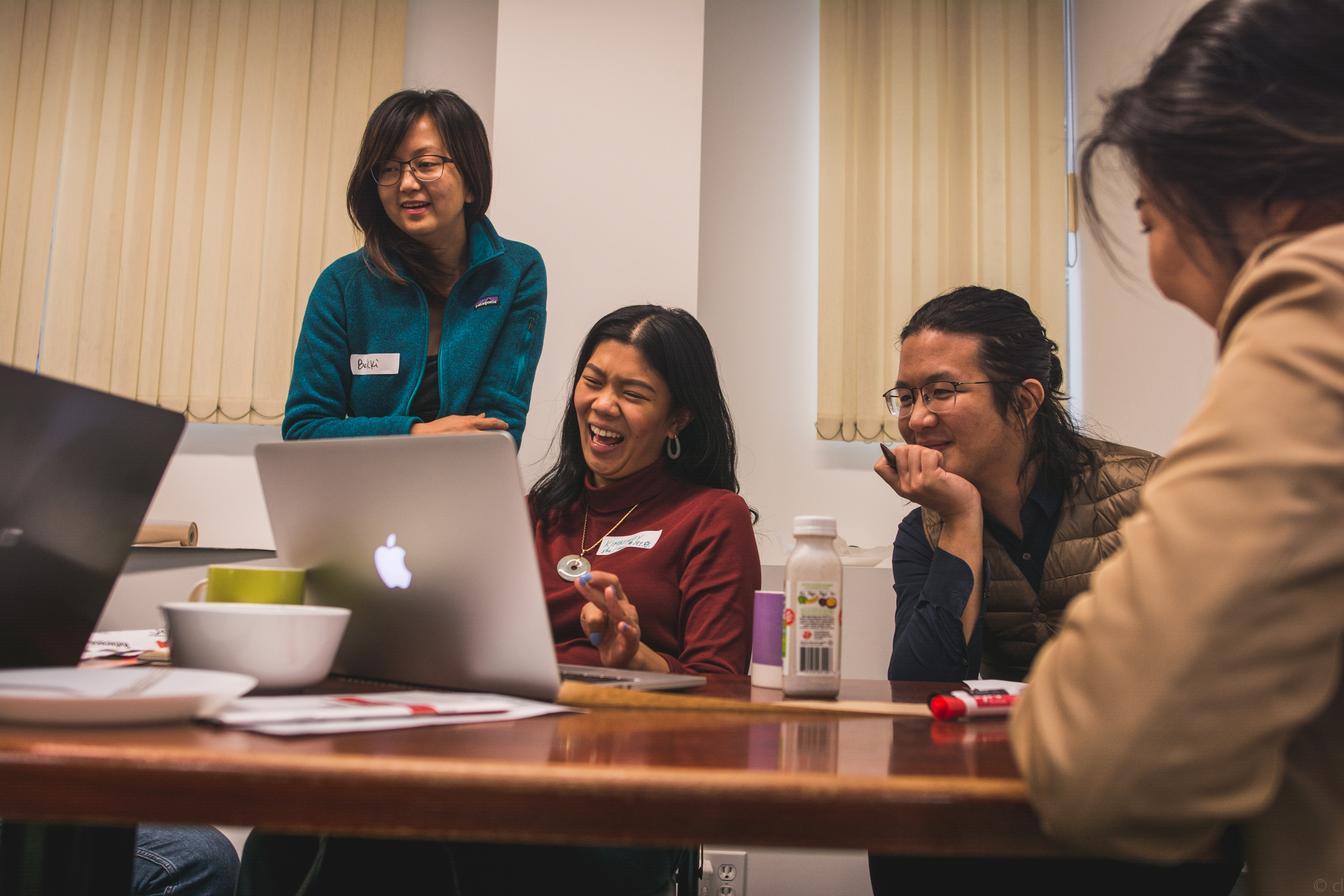Asian Heritage Month, 2021
By Kevin Huang, co-founder & executive director
Heritage is a complicated word, loaded with mixed feelings. I am writing this from my family home in Taipei, Taiwan, where 12 years ago, I stayed to study Chinese and improve my Mandarin. It was on that trip that I realized how much of my heritage I had shunned while growing up in Canada.
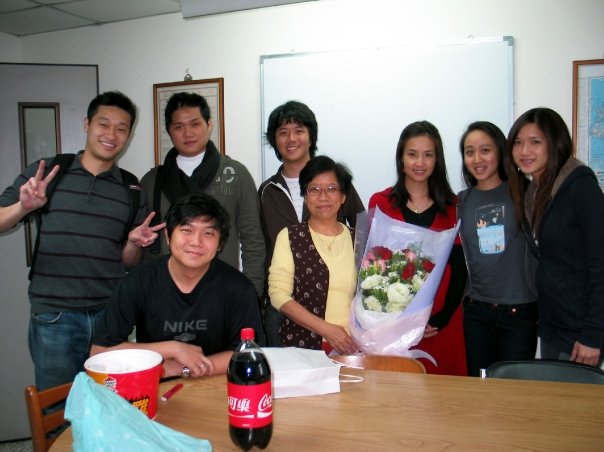
My experience is one that is familiar to many diasporic folks, having lost connections to their own heritage, from language to cultural practices. Long story short is that I would not be anywhere close to doing this type of work if it was not for that trip. The shared yearning to reclaim our respective heritage and histories drives a lot of hua foundation’s work. (Learn more about our three-part founding story here)
The heritage reclamation aspect is threaded throughout our work, from experiential opportunities such as workshops to sharing contextual history in our reports. However, the more I am involved with this work, the more I challenge my own thinking around the concept of heritage. While I fully recognize how it is an important part that binds communities together, and that it provides a sense of connection with others and history beyond ourselves as individuals, I still wrestle with how we often hold heritage as a black-and-white benchmark for authenticity and claim on identity.
For many diasporic folks, the loss of connection to their heritage while trying to ‘fit in’ to a white, colonial society, let alone the multigenerational impacts of colonialism, makes this purity test an impossible and offensive thought exercise. I still remember how our team members at Shark Truth (see hua foundation history above) were called out for not being Asian enough. The argument was that they did not speak fluent Cantonese and because we grew up in Canada, we should not have any right to comment on cultural practices and customs, such as serving shark fin soup at weddings.
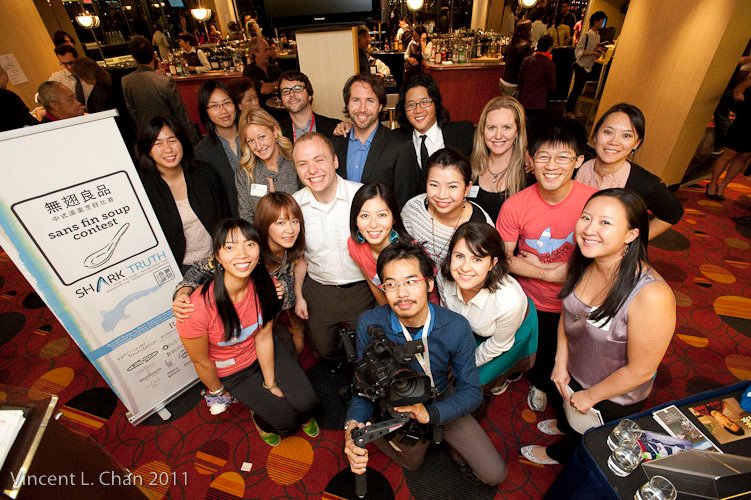
Back then, we did not have the language or understanding of identity, race, and heritage to process these remarks, but this narrative of “not being enough” digs right at the core of diasporic identity, where many of our community members linger for their entire lives. This type of authenticity contest happens too often and it pains me to see how effectively it turns people away from exploring their own heritage during those first timid, exploratory steps. Instead, how can we reconceptualize this work to accept people as they are, without the purity test of identity? Can we meet people where they are, and empower them to explore heritage on their own terms? With the resurgence of anti-Asian racism that we are experiencing, how can we, as an organization, hold space for this openness?
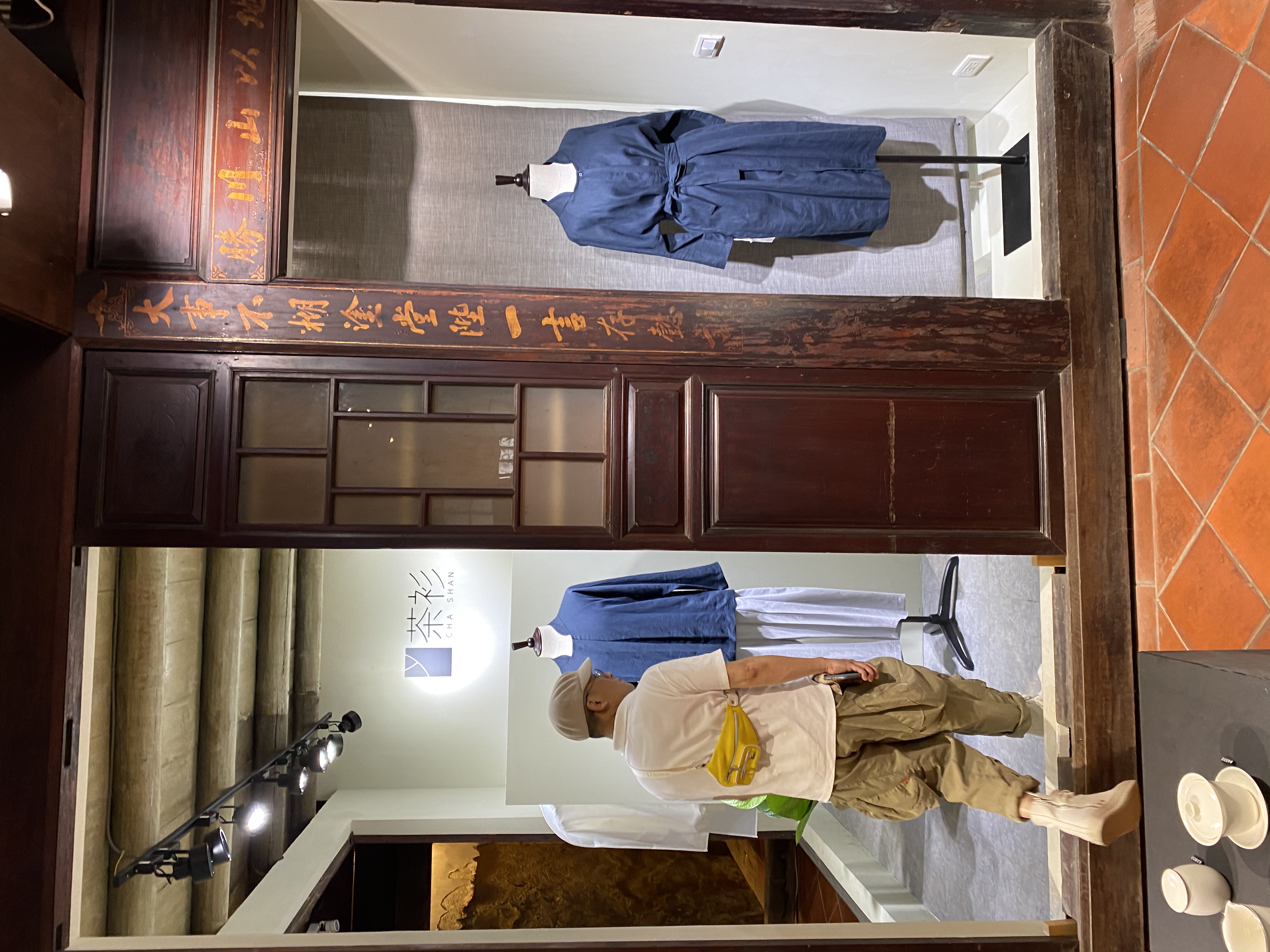
While I did not plan on staying in Taiwan for this long, being stuck here due to pandemic-related reasons has allowed me the opportunity to reconnect with my heritage beyond family members for the first time, and through different lenses that I have gained through our community development and heritage conservation work at hua foundation. Thanks to friends at the Taipei Economic and Cultural Office in Vancouver, I was introduced to and had the opportunity to meet people focusing on heritage conservation and even tagged along to see their work. There are challenges around maintaining cultural practices in an ever-globalized world, specifically ensuring that the multiple and diverse histories of these lands, not only the history of the hegemony, are shared and told. There are historic areas under urban development pressures. There is an active movement for Indigenous rights. These issues and pressures sound all too familiar to the work that I have been supporting in Chinatown, and in Chinese diaspora and Asian Canadian communities back in Vancouver.
As many times as I have shared my perspectives on Vancouver’s Chinatown, for the first time, I am working on a small project for UBC’s Asian Canadian and Asian Migration Studies program, ACAM390A: Food and the Heritage of Chinese Migrations. For this class I will be filmed conducting a walking tour of one of the historic areas in Taipei that is the centre of heritage conservation efforts. During my research, I was pleasantly surprised that heritage conservation efforts also led with food and foodways — the exact place where I began my learning journey about Chinese Canadian history and the community that I am now a part of in Vancouver. As someone whose identity does not fit neatly into the category of “Chinese,” it has been exciting to finally bring my heritage —beyond my personal story— to this conversation.
